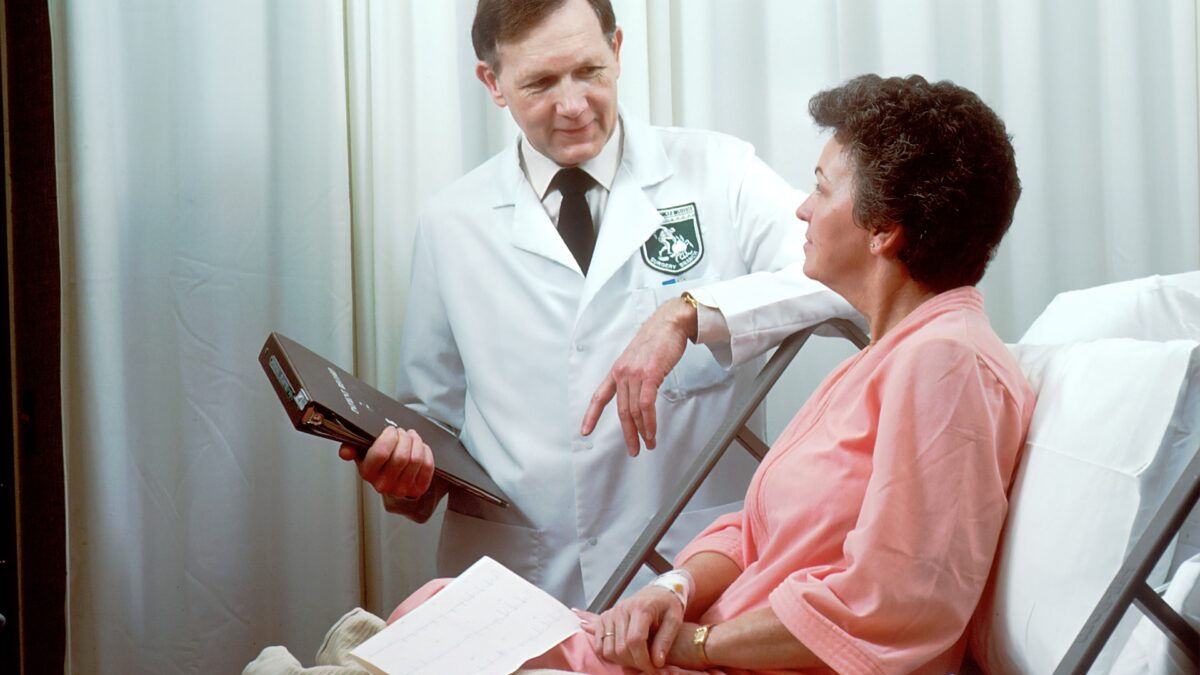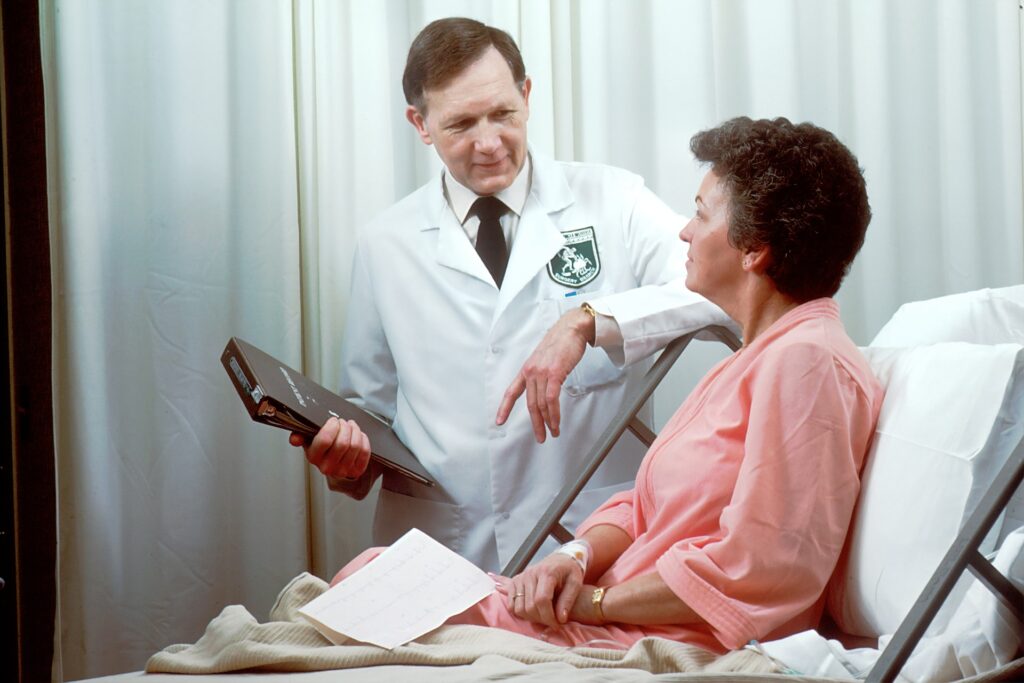


We all are aware of the significance attached to ethical principles in the medical profession. The medical profession is directly related to the well-being of the patients. For this reason, it is necessary to develop programs and courses that improve the abilities of medical professionals. If you are related to the medical field, it is vital to get CPD certified to develop reliability. You can also get medical ethics online course by registering yourself.
The Continuing Professional Development (CPD) offers classified courses of ethics for healthcare workers. It enables them to develop the abilities of empathy and sincerity towards the patients.
Among the necessary aspects of patient care, following ethical principles are one of the most significant ones. Being a medical professional, you must be aware of how to communicate with the patient efficiently. It is the integral responsibility to be aware of the patient’s condition. It helps you to decide the course of treatment without leaving any important detail.
Ethics training can influence patient care by enabling you to understand the needs of patients more properly. The training provides certain ways that help to interact with the persons who need medical care.
The following points determine the importance of ethics training in inpatient care.
Ethics training holds immense importance in the medical profession. Let’s find out how probity courses impact patient care.
It is the first and most fundamental principle of ethics training. It means doing good to the persons who need medical assistance. It involves making decisions that serve the best interest of the patients. This principle enables you to know the patients’ data and strive to provide them with the best.
Beneficence includes taking actions that contribute to the better health of the patients. That’s how this principle ensures to deliver high-quality medical services without any disruption.
One of the most important aspects of patient care is the principle of autonomy. It helps the patients to choose what’s suitable for them. With self-governance, patients develop a sense of trust towards their medical practitioners. It positively affects the treatment plan and endures a pleasant experience.
In ethics training, autonomy holds a significant place. It helps you to understand the patent’s rights.
The patient’s privacy from all sorts of disclosure is necessary during the treatment and in follow-up. When patients come to get medical assistance, they are putting all their trust in our hands. So, it is crucial to make sure that their details and credentials remain secure. Some patients do not want to disclose their medical condition to their family members. It becomes the responsibility of the healthcare worker to maintain confidentiality.
With ethics training courses, you learn to benefit the patients without causing any potential harm. Nonmaleficence enables you to put the interest of patients and aim to help them on priority. Since medical treatments can become complex as they affect each person differently, it is vital to be aware of their side effects on the health.
This principle helps you to prevent causing any potential harm and assisting the patient with absolute care.
To conclude, the above points describe the impact of medical ethics courses on patient’s care. If you want to improve your abilities, Probity and Ethics offers you an extensive range of medical ethics courses in the UK. All these courses enhance professional capacities by providing you with efficient skills. These skills help to engage with patients more effectively.